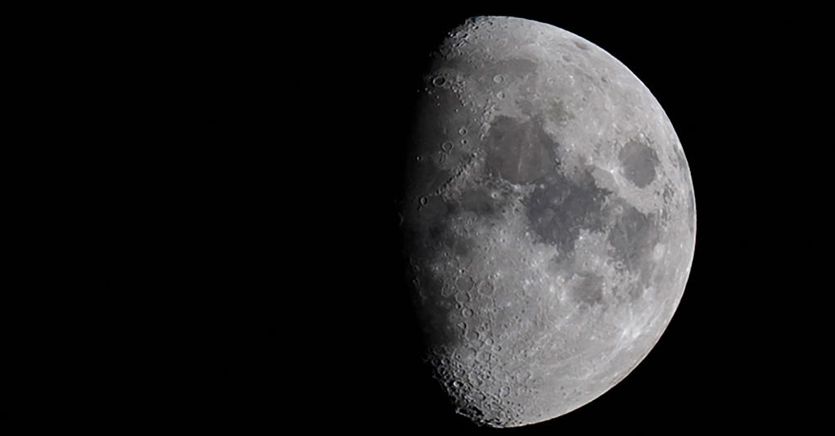We will have a very particular eclipse of the Moon on Friday 19th November, not 100% total but long, very long: well over three hours, but difficult to see in Italy, since it will begin at 7 am on the 19th, when it is already dawning. The North, especially Piedmont, will be able to observe the initial phases, when the beautiful full Moon starts from a limb to become gray.
But, since for the moment this eclipse will be the longest of the century in terms of duration, it will continue until after 10 am, when the Sun will not allow to appreciate that much, even for the most experienced eyes, the difference. Those who get up for work or to take their children to school will do well to raise their eyes to our charming satellite that will be there to start the show.
The eclipse of the Moon is not a rare phenomenon, even if the media always find a reason to intrigue the public, there are at least two, but also four, every year when the Sun, Earth and Moon are on the same plane, which is not it happens every month since the three celestial bodies orbit on different planes.
How the eclipse works
In practice we think of a pumpkin, given the season, on the dining table, and it will be the Sun, then we put an apple next to it, and it will be the Earth, and further away, but not too far, a small onion, our Moon. Generally all three are not at all on the dining table or in the same plane of space, if we put ourselves on the pumpkin to look, we will see the Apple-Earth for six months above the table and for six months below. Likewise the small onion will go around the Apple-Earth but inclined.
When all three are lined up on the table two to four times a year, then we have the eclipse of the Moon, in which the Earth casts its shadow and darkens the Moon. As certainly many readers and readers will have noticed in the past, the Moon does not darken completely during eclipses, it does not become as black as coal like the Sun when the Moon passes in front of us, but it basically remains reddish.
